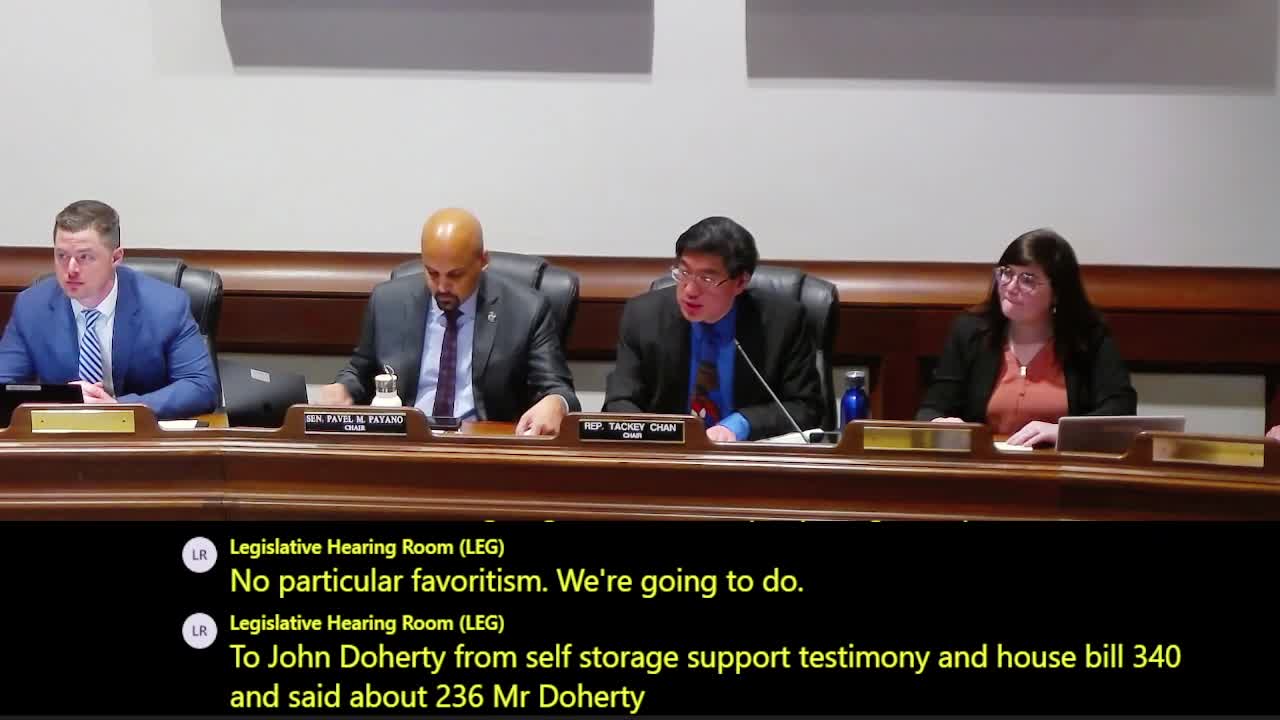Article not found
This article is no longer available. But don't worry—we've gathered other articles that discuss the same topic.
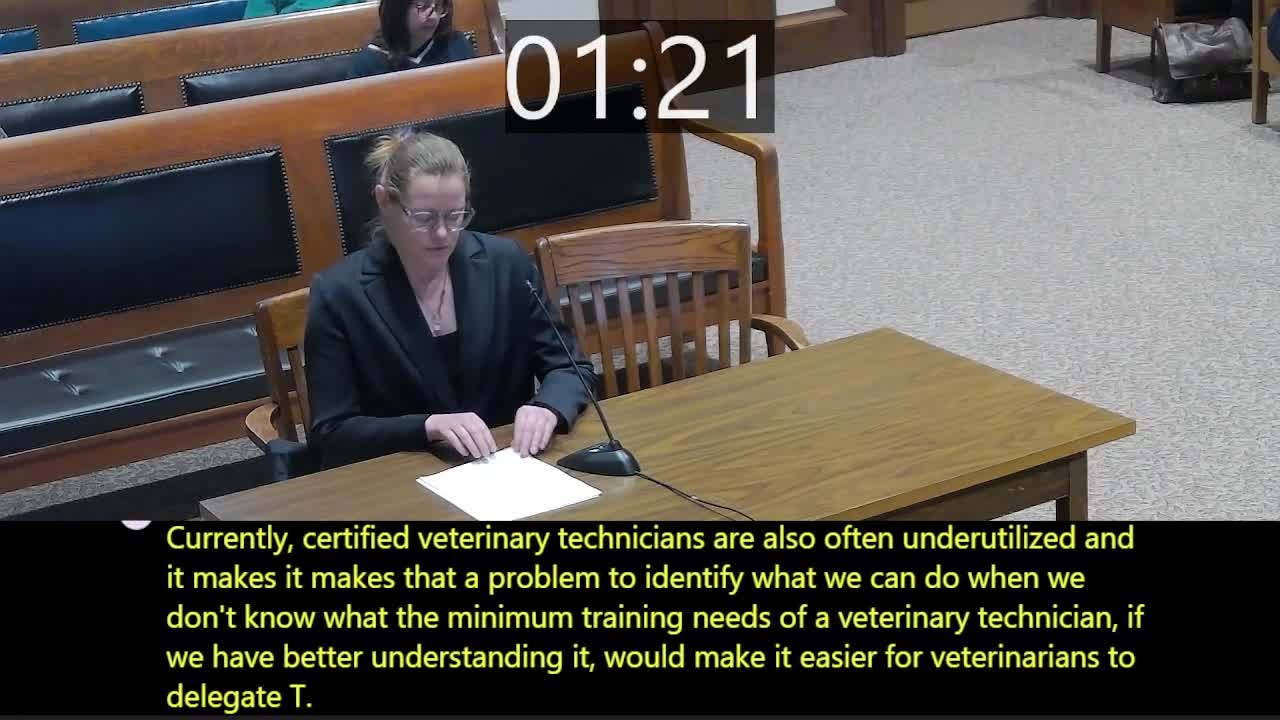
Veterinary‑tech groups press for licensure to standardize training, reduce risks to patients
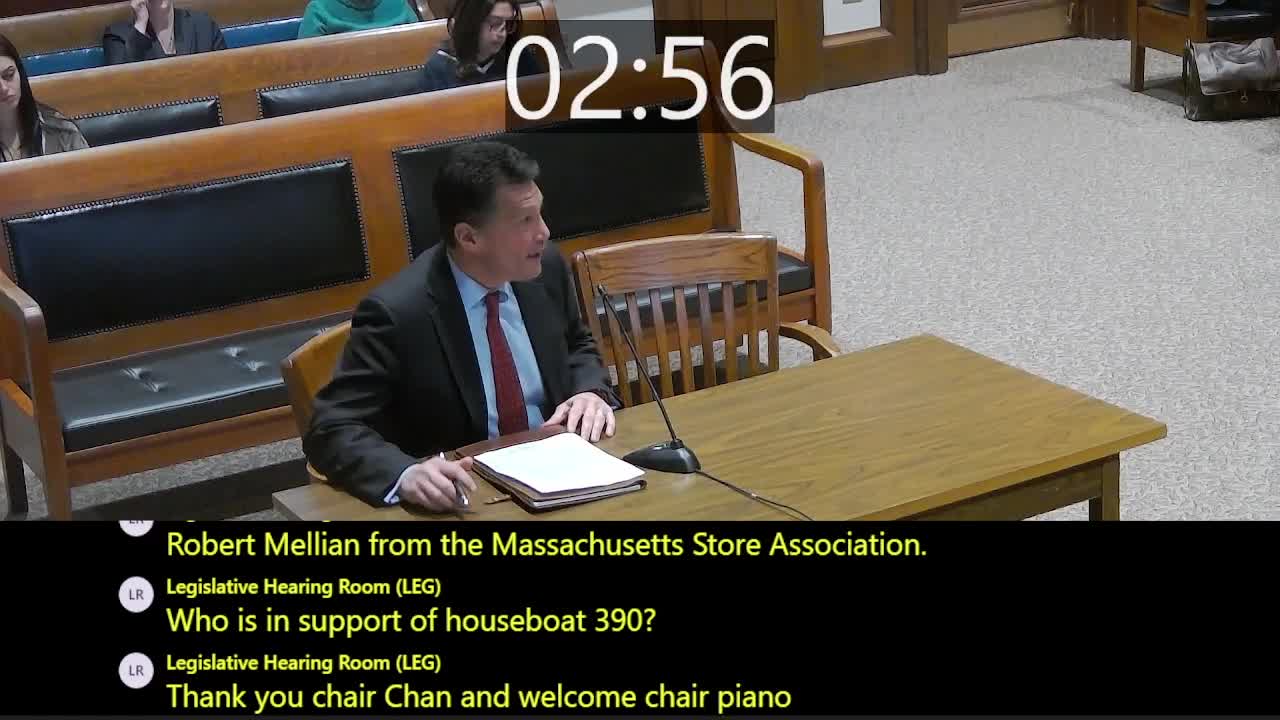
Retailers seek parity as H.390 would broaden license suspension authority for alcohol infractions
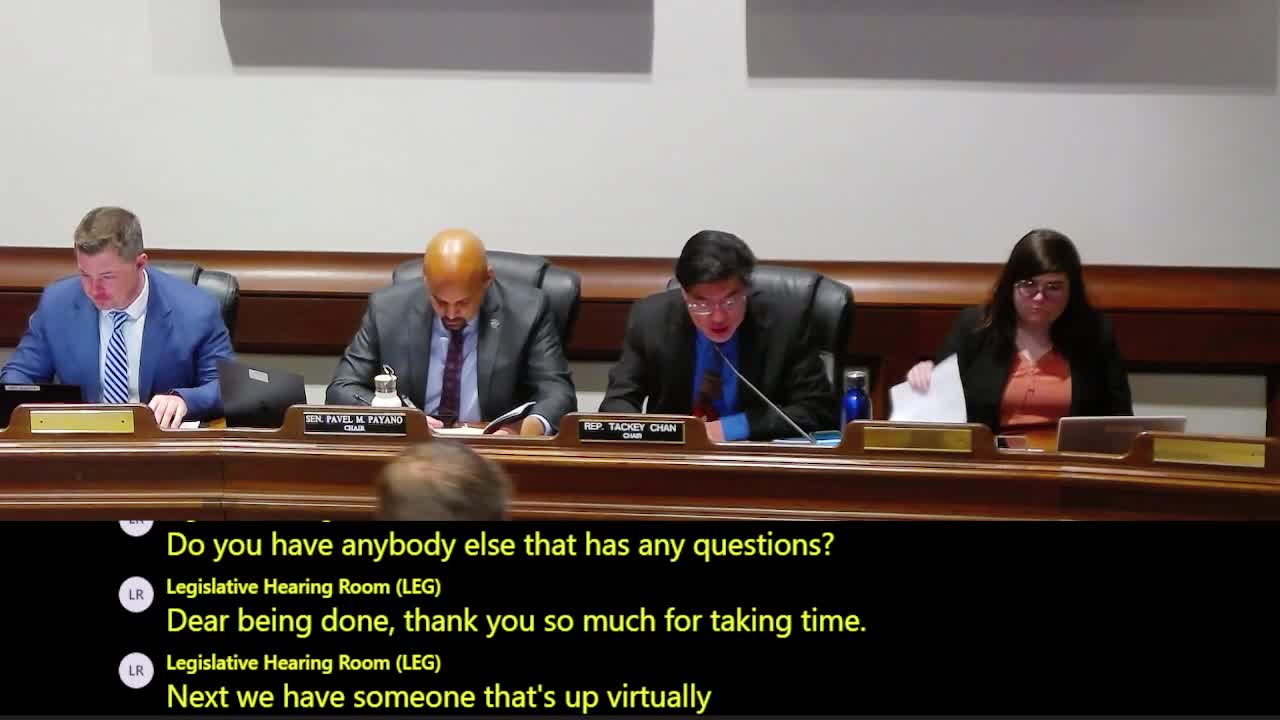
Behavior‑analysis groups back dedicated licensure board to speed licensing and oversight
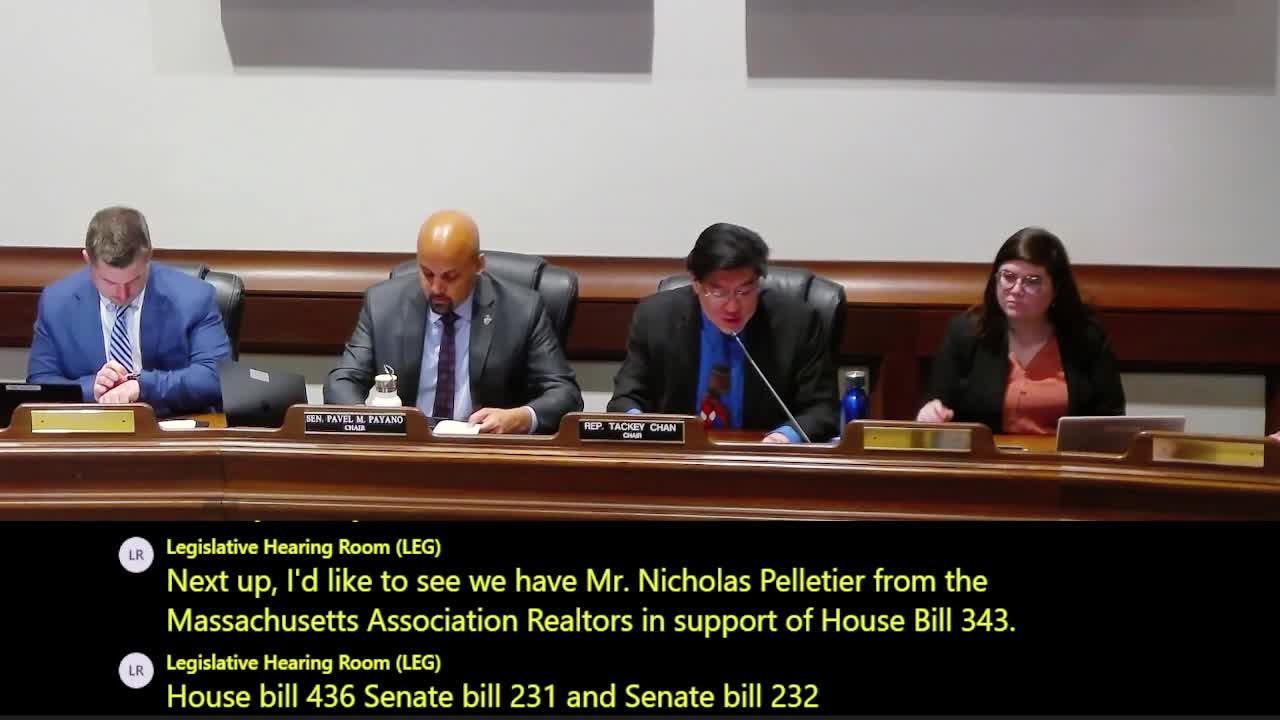
Mass. Realtors urge mandatory fair-housing education for all licensees in bill H.343/S.232
